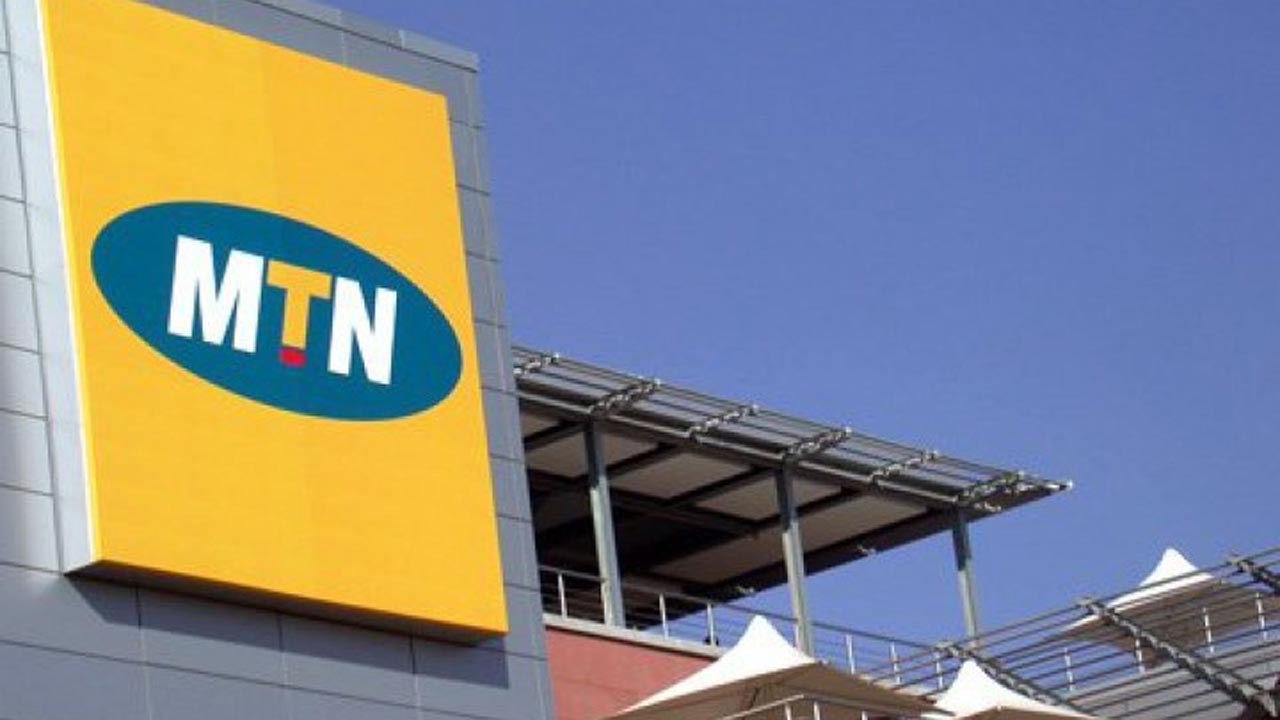For some time now, many Nigerians who love listening to a particular radio station may have observed that getting crisp clarity from the FM Radio Station either in the village or where he or she currently resides in cities is becoming a problem. The cause; simply, is frequency jamming from nearby stations that have installed transmitters’ that are contrary to specifications of the National Broadcasting Commission (NBC).
This was revealed on Wednesday by the Director General of NBC, Mallam Is’haq Modibbo Kawu during a stakeholders’ forum on transmitter power in Lagos.
Explaining the scenario, he said “we all faced a very difficult problem as a result of the illegal and rampant use of transmission power by stations all over Nigeria,” revealing that “stations procure transmitters without respecting the stipulated and recommended transmitter power in city-based FM stations. The consequence of this is that we have frequency clashes occurring all over Nigeria”.
He disclosed further that since February 22nd, 2017, the NBC had compiled a total of 69 stations around the country, where transmitters had been installed BEYOND the transmitter power stipulated in the conditions of their licenses. This morning, I have a list of 89 such stations, and the list is not exhaustive!
Present at the forum include managers and owners of FM Radio Stations across the country.
He reminded them that “In the period since our last meeting, I have heard from many licensees about their transmitters”.
“Many of them reminded me that the licenses they were given, allowed them to purchase the transmitters that they installed. That is why they have high-power transmitters installed all over the country today, which have become responsible for the frequency jamming that is taking place all over Nigeria. We are dealing with an anarchic situation in the Nigerian broadcasting airwaves, to be honest, and there is no responsible regulatory institution that can allow the problem to persist. We must find a way through the problem and we would!
Continuing, NBC boss listed a couple of points, saying “The first point is to remind all of us, that the electromagnetic spectrum is a finite resource, that all nations of the world deploy for various uses, from broadcasting through to space science and telecommunications”.
“This is the reason that every sovereign country carefully works out spectrum allocations to be able to apportion for the various functions. Nations understand the importance of this finite resource and take the steps to ensure the judicious use of the Radio Spectrum to derive maximum benefit for their development purposes; Nigeria does that too. The International Telecommunication Union (ITU), a specialized institution of the United Nations system, allocated the 88MHz-108MHz frequency band for FM radio services. And all our stations are consequently operating within these bands.
He recalled that soon after the Nigerian government de-regulated broadcasting in 1992, NBC began licensing commercial FM stations. Before long, certain commercially-viable locations like Lagos, Port Harcourt and Abuja became entirely saturated with FM stations, and it became impossible to license new stations in these locations. The same problem started appearing in other parts of the country. This was the reason why the NBC was forced to suspend the sale and processing of broadcast application forms for FM radio services in 2008, in those locations.
In finding a solution, he said NBC has relied on a stakeholders’ resolution at the 2010 Nigeria Broadcasting Code review exercise in Uyo, Akwa Ibom State, to LIMIT the coverage area for FM radio services in Nigeria to become city-based licensing regimes.
He said “The consequence of that was that at the expiration of the 5-year licensing cycle, EVERY FM radio license in Nigeria was expected to become a city-based license, that would have a MAXIMUM of 2kw transmitter power! That regime of licensing and transmission power was supposed to have become the norm in Nigeria in the past TWO years. But that is NOT the case.
“As I have stated, we have compile a list of 89 stations having installed transmitters with power outputs FAR IN EXCESS of what was approved. These range from the illegal installations beyond the 20WATTS allotted to tertiary institutions, many of who went on to install transmitters of up to 1KW and a lot of which transmit as commercial FM stations; contrary to their licensing instructions that said they were to be for strictly educational and campus-based events.









